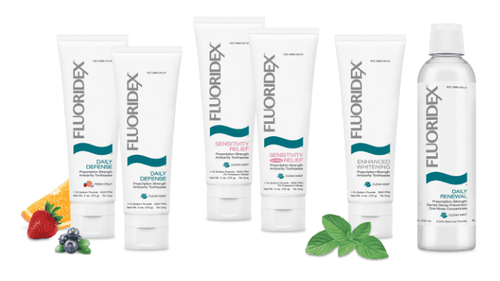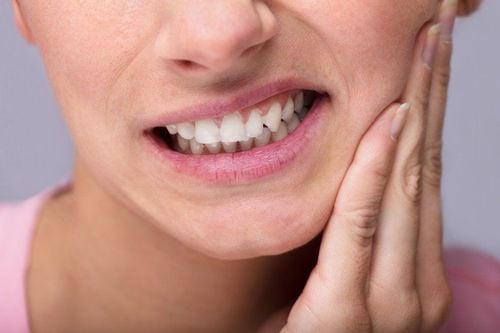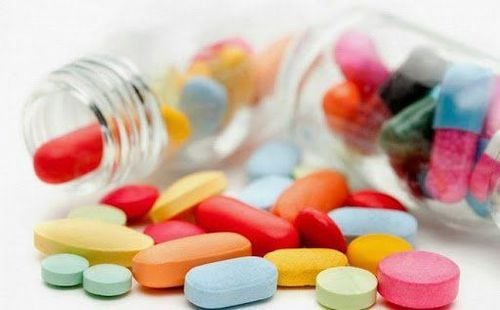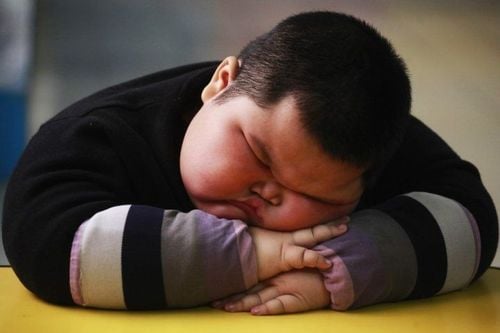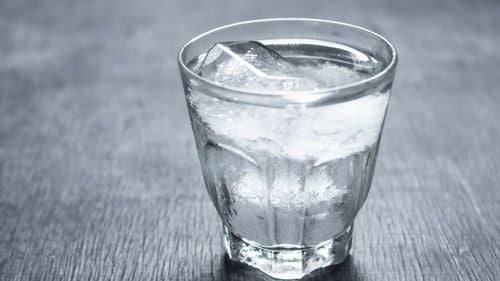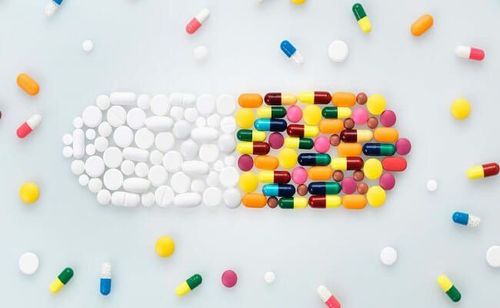This is an automatically translated article.
Adequate water supply for children's bodies is extremely necessary, because children often have a lower tolerance to high temperatures than adults, so it is easy to experience dehydration. However, not all drinks are good for children's health. Many drinks contain sugar or acids that lead to overweight or wear on children's teeth.
1. Hydration in Children
Most young children will have a higher body water percentage than adults. However, they are less tolerant of heat and can become dehydrated more easily, especially when they are physically active and in hot climates. Therefore, it is extremely important to encourage children to drink water regularly, because children often do not realize they have to drink water.
2. How much fluid does the child's body need?
The amount of fluid a child's body needs will depend on many different factors, including the child's age, gender, weather, and physical activity level. In general, each child should aim to drink about 6-7 glasses of fluids a day, including water provided by foods in the daily diet.
For very young children, they will need less liquid to take in (about 120 - 150 ml), while older children will need more fluids (about 250 - 300 ml). ). This is based on recommendations from the European Food Safety Authority (EFSA), which regulates how much fluid children of different ages need.
Assuming that about 70 – 80% of dietary fluids come from beverages and 20 – 30% come from food, then the EFSA recommendation for drinks only would be equivalent to:
Between 1.1 – 1.3 liters per day for children aged 4 to 8 years. From 1.3 – 1.5 liters per day for girls aged 9 – 13 years. From 1.5 - 1.7 liters per day for boys aged 9 - 13 years.
3. What drinks are best for kids?
In general, milk and water are the best drinks for children, as they do not contain free sugars. This type of sugar contributes to higher calorie consumption when children consume sugary drinks. It is also the main cause of increased risk of overweight and obesity in children.
Certain beverages such as juice and milk often provide a lot of vitamins and minerals that are beneficial to health. However, some fruit juices may contain free sugars, so children should not consume them in large quantities.
Drinking sugary drinks too often can also lead to tooth decay in children, especially when children consume them continuously between meals and do not brush their teeth regularly with toothpaste containing fluorine.
In addition, some acidic drinks, such as squash, fruit juices or some carbonated drinks, can wear down teeth and damage the enamel of children's teeth when drinking them regularly. In addition, beverages such as coffee, tea and some soft drinks can also contain caffeine, a mild stimulant. Children, especially young children, should consume less caffeine than adults. This stimulant can affect a child's sleep if used near bedtime.
Here are the drinks that parents should and should not give their 6-month-old babies to drink.
Water: Considered a perfect choice for a child's day, as water does not provide any extra calories or risk of harming children's teeth. Milk: A useful source of nutrients, containing protein, iodine, B vitamins and calcium. Most children should drink skim milk or calcium-fortified dairy alternatives. Only occasionally give your baby milk drinks that contain added sugar, such as hot chocolate, milkshakes, and malted drinks. Fruit and vegetable juices or smoothies: These drinks can provide your baby with a significant amount of essential vitamins and minerals. However, they also contain a certain amount of free sugars and can be acidic, so they should be limited to children drinking too much of these drinks. In addition, juices should be diluted with regular water to reduce the sugar and acid content. Sugar-free drinks: These will hydrate without adding sugar, but you should only give your child most drinks that are water or milk to avoid adding flavor to sweet drinks. Besides, some sour drinks can contain acid, which can easily erode the outer surface of children's teeth, and many of them also contain caffeine. Tea and coffee: Tea and coffee often contain caffeine. If used in small amounts, it will not affect health, but should be avoided in large quantities, especially for young children. Ideally, you should only give your child decaffeinated tea and coffee with skim milk and no added sugar. Sports and energy drinks: These drinks often contain a lot of sugar, and energy drinks can provide large amounts of caffeine and some other stimulants. Therefore, these drinks are not suitable for young children.
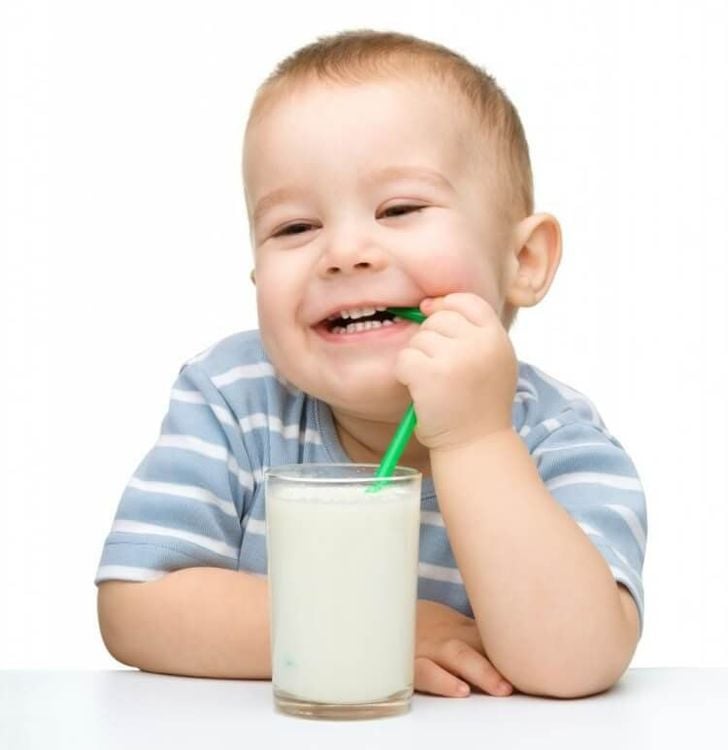
Sữa và nước là những thức uống tốt nhất dành cho trẻ em
4. How to keep the child's body fully hydrated?
Here are some useful tips to supplement water for children under 1 year old that parents can refer to and apply with their children.
Make sure children drink water before going to school, ie after breakfast and during recess or playtime Parents, teachers or guardians should give children water to drink often, especially in hot weather Encourage your child to eat foods that have a high water content, such as vegetables, soups, fruits, and yogurt. Always have a bottle of water ready in your backpack when your child goes to school, plays, or has lunch at school. In fact, it is often quite difficult to add water to babies, because many babies refuse to cooperate. However, parents need to be tactful and persistent as well as not to force their children too much, which can easily scare them. Also in the period from 0 to 6 months, children often have respiratory problems, skin diseases and gastrointestinal infections or nutrition... so parents need to pay special attention and spend a lot of time. child care during this period.
Currently, Pediatrics - Vinmec International General Hospital is the address to receive and examine diseases that infants and young children are susceptible to. Therefore, when children have any health problems, parents can take their children to the hospital to be examined by a doctor and have timely intervention.
Always at the forefront of medical quality when converging a team of experts and doctors with many years of experience combined with a system of modern medical equipment, leading the country, so the examination process always bring accurate results, thereby helping the treatment to be effective and shorten the hospital stay.
Please dial HOTLINE for more information or register for an appointment HERE. Download MyVinmec app to make appointments faster and to manage your bookings easily.
Reference source: nutrition.org.uk




